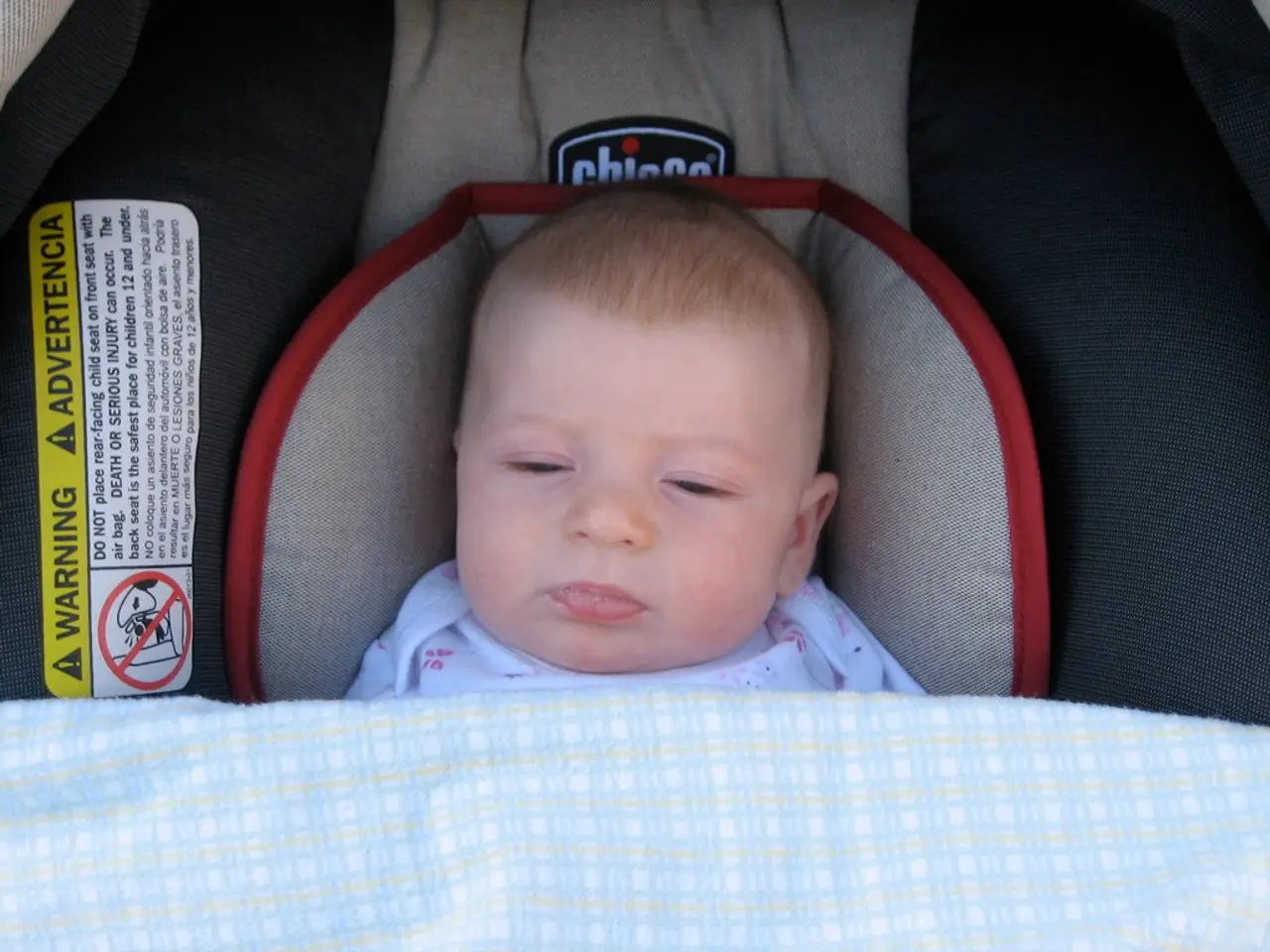Supporting Baby's Early Walking Milestones: A 10-12 Month Guide
Welcome to a journey of supporting your baby as they take their first steps! This crucial period, between 10 to 12 months, marks the beginning of your little one's exploration of the world on their own two feet.
Creating a Safe Environment
To ensure a smooth transition, it's essential to baby-proof your home. Remove hazards, secure furniture edges, and install window guards to create a safe area for exploration and walking attempts. This reduces the risk of injuries as your baby gains mobility.
Encouraging Core Muscle Development
Support your baby's physical development by encouraging supported standing and cruising. Let your baby pull to stand and move along stable furniture. Support your baby around the rib cage rather than hands to develop balance and core strength, which are vital for independent walking.
Appropriate Flooring and Toys
Choose flooring that provides some grip but is comfortable for barefoot walking. Going barefoot indoors can help babies develop balance and foot strength. Provide push-along toys or walking aids to assist practice walking with support. These tools encourage steps without over-relying on adult hand-holding.
Playful Activities
Create playful activities such as obstacle courses with pillows and toys to stimulate crawling, cruising, and eventually walking. Engage them in interactive play that promotes motor skills and confidence.
Celebrating Milestones
Celebrate milestones like standing unsupported and first steps to motivate the baby and positively reinforce walking attempts. Maintain flexibility and patience, recognizing that each child develops at their own pace and may follow different walking stages.
Social Interactions and Bonding
Supervising a baby's activities closely is important. Never leave the baby unattended on high surfaces, stay within arm's reach during learning to walk or crawl, and be cautious around water and pets. Engage in interactive games, singing songs, and reading books together to strengthen bonds and encourage social interactions with family members and peers.
Documenting Milestones
Documenting your baby's first steps is essential to capture precious moments. Keep a camera or smartphone handy, record videos, create a scrapbook or baby journal, and create a dedicated social media account for the baby.
Supporting Independence
Support your baby's emerging sense of independence by encouraging self-feeding, allowing exploration, and promoting self-help skills. Offer toys and objects within the baby's reach to encourage them to move around and explore.
Cognitive Development
Introduce stimulating toys and activities for cognitive development, such as shape sorters, puzzles, sensory toys, building blocks, pretend play, and musical instruments. Model positive social behaviors, such as greeting others and saying "please" and "thank you."
Nutrition and Health
Nutrition and health are important during this stage. Tips on introducing solid foods and ensuring a balanced diet, encouraging healthy eating habits, and dealing with common health issues during this stage are discussed.
Remember, each baby progresses at their own pace, so patience is necessary. By combining safety measures with supportive and motivating activities, parents can help their babies move confidently toward independent walking during the 10 to 12 month window.






